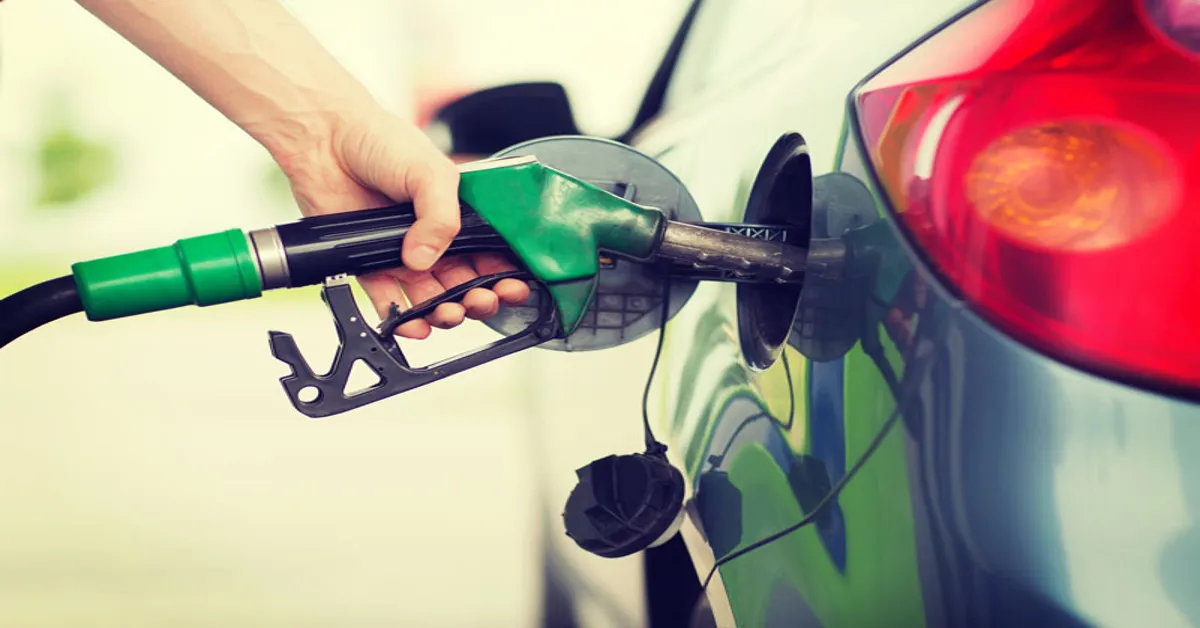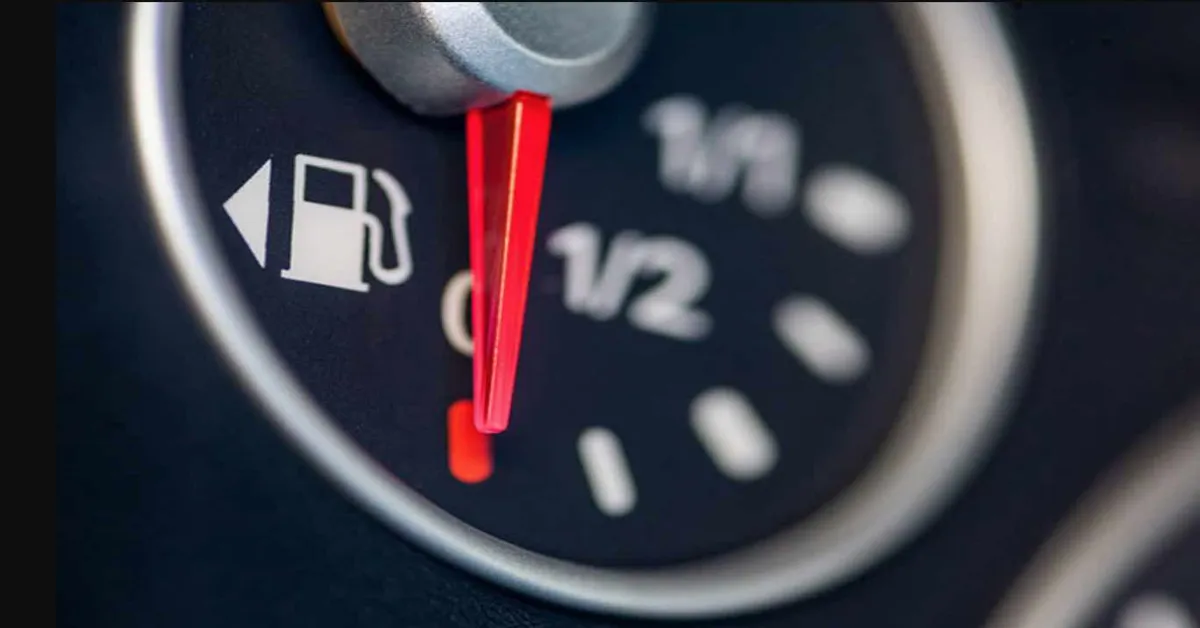**When winter’s icy grip takes hold**, your vehicle’s performance may start to falter. Ensuring fuel efficiency becomes a pressing concern as temperatures drop and the roads become slick. *Improving car performance: tips for fuel efficiency in cold climate* is a topic that resonates with every driver braving the winter chill.
This guide aims to empower car owners with practical insights into maximizing their vehicle’s performance, all while keeping fuel consumption to a minimum. Unearth the secrets of improved engine operation, the role of tire pressure, and the importance of regular maintenance in maintaining optimal fuel economy during winter. Prepare to navigate winter’s harsh conditions with ease and confidence.
Key Takeaway
- Car performance may decline during winter due to cold temperatures and slick roads, making fuel efficiency a priority.
- The article provides practical tips for car owners to maximize the performance of their vehicles while minimizing fuel consumption in cold climates.
- Key strategies for improving car performance and fuel efficiency in cold climates include understanding and enhancing engine operation, monitoring and adjusting tire pressure, and conducting regular vehicle maintenance.
- The guide is designed to help drivers navigate harsh winter conditions with ease and confidence, equipping them with the knowledge to maintain optimal fuel economy during the colder months.
- These tips for improving car performance in cold climates are applicable to all drivers, regardless of their level of experience or the type of vehicle they drive.
Understanding Car Performance in Cold Climate
Car performance can take a hit in colder climates, but there are strategies to mitigate this effect and improve fuel efficiency. Ensuring your vehicle is well-maintained, with regular oil changes, tire rotations, and inspections, is critical. A well-maintained car is more efficient, leading to better fuel economy.
Driving habits also significantly impact fuel economy. Smooth driving, avoiding hard accelerations and decelerations, can improve fuel efficiency. Additionally, reducing idle time can save fuel.
It’s a myth that cars need to warm up for long periods before driving in cold weather. Lastly, consider using a block heater in extremely cold climates. It warms the engine before starting, reducing the strain on the engine and improving fuel economy.
Remember, improving car performance isn’t just about speed; it’s also about efficiency. Stay ahead of the game by keeping your car in top shape and adapting your driving habits to the cold climate.
Improving Car Performance: Tips for Fuel Efficiency in Cold Climate
| Tips for Fuel Efficiency | Advantages | How to Implement |
|---|---|---|
| Keep the Tires Inflated to the Correct Pressure | Properly inflated tires reduce drag and improve fuel efficiency. | Regularly check your tire pressure, especially during colder months. |
| Limit Idling Time | Idling uses more fuel than restarting your car, thus affecting fuel efficiency. | Turn off your car if you’re stopped for more than one minute. |
| Use the Right Engine Oil | Using the right oil can improve your fuel mileage by 1-2%. | Refer to your owner’s manual for the recommended oil for your vehicle. |
| Keep Your Car in Good Condition | A well-maintained car runs more efficiently, improving fuel efficiency. | Schedule regular maintenance checks and address any issues promptly. |
| Drive Smoothly | Harsh accelerations and braking can reduce your car’s fuel efficiency. | Accelerate gently, brake softly and maintain a constant speed whenever possible. |

Strategies to Improve Car Performance in Cold Weather
Mastering the Art of Fuel Efficiency in Cold Climates Fuel efficiency can be a challenging endeavor, particularly when navigating through a cold climate. But, with the right approach and a few savvy tricks, you can optimize your car’s performance and maximize fuel economy. First, avoid idling.
It not only wastes fuel but also contributes to engine wear. Second, monitor your tire pressure regularly. Cold temperatures can significantly reduce tire pressure, impacting fuel efficiency.
Third, keep your engine warm. A block heater can help maintain an optimal engine temperature, thus improving fuel efficiency. Lastly, use the right oil.
Opt for a low viscosity oil in colder climates to reduce engine friction and enhance fuel economy. Remember, improving car performance is more than just about speed; it’s about making every drop of fuel count, especially in cold climates.
Important Tips for Driving in Cold Climate
Improving Car Performance: Tips for Fuel Efficiency in Cold Climate is a pertinent concern for many drivers as the winter months approach. When temperatures drop, your vehicle’s fuel efficiency can decrease significantly. This can be due to several factors including increased friction in the engine and transmission, denser air which creates more drag on the car, and the energy required to heat the car.
To counteract these effects, consider regular maintenance of your vehicle. This includes frequent oil changes with the correct viscosity for your climate, ensuring your tires are well-inflated, and keeping your engine properly tuned. Additionally, a warm-up routine can help your car reach its optimal operating temperature faster.
Rather than idling your car to warm it up, drive at a moderate speed until the engine reaches its normal operating temperature. This will help improve your car’s fuel efficiency in the cold. Remember, a well-maintained and efficiently running vehicle not only improves fuel efficiency but also prolongs the life of your car.
So, when the mercury dips, follow these tips to keep your car performing at its best.
Read More
Statistical Information: Improving Car Performance: Tips for Fuel Efficiency in Cold Climate
| Tip | Percentage Improvement | Fact |
|---|---|---|
| Proper Tire Inflation | 3% | Right tire pressure can improve your gas mileage by up to 3% in the cold climate. |
| Engine Warm-Up | 12% | Long idling to warm up the engine can decrease fuel efficiency by 12%. |
| Regular Maintenance | 4% | Regular vehicle maintenance can improve fuel efficiency by up to 4% in cold climates. |
| Use of Block Heater | 15% | A block heater can improve overall winter fuel economy by 15%, as it warms the engine before starting. |
| Reduced Speed | 7% | Reducing your speed can increase fuel efficiency by 7%, as cold weather increases wind resistance. |
Important Notice for readers
To maximize your vehicle’s fuel efficiency during cold winter months, it’s crucial to consider several factors, such as proper tire pressure, regular engine maintenance, and mindful driving habits. By following the tips provided in this article, you can not only improve your car’s performance but also save on fuel costs. Remember, a well-maintained vehicle is a key to optimal fuel efficiency, especially in a cold climate.
FAQs
What are some effective ways to improve car performance for fuel efficiency in a cold climate?
In cold climates, it’s important to keep your car well maintained to ensure fuel efficiency. Regular oil changes, using the right type of oil for colder temperatures, and keeping your tires properly inflated can all help improve your car’s performance. Additionally, limiting the use of your car’s heater can also help to save fuel.
How can regular maintenance improve my car’s fuel efficiency in cold weather?
Regular maintenance, including timely oil changes and tire rotations, can greatly help improve your car’s fuel efficiency, especially in colder climates. The right type of oil can help your engine run more smoothly in cold temperatures, while properly inflated tires can reduce the amount of drag your car experiences, reducing the amount of fuel it uses.
Why is it important to use the right type of oil for my car in a cold climate?
Motor oil thickens in cold weather, making it harder for your car to start and run efficiently. Using the right type of oil, specifically oil designed for colder temperatures, can help your car start more easily and run more efficiently, improving fuel efficiency in the process.
What role do tires play in improving fuel efficiency of my car in a cold climate?
Tires play a significant role in your car’s fuel efficiency. In colder climates, tire pressure can drop, causing your tires to under-inflate. This can lead to increased friction and resistance on the road, forcing your car to use more fuel to maintain speed. Ensuring your tires are properly inflated can reduce this resistance and improve your car’s fuel efficiency.
How can limiting the use of a car’s heater help improve fuel efficiency in cold climates?
The car’s heater uses energy, which can reduce fuel efficiency. While it’s important to stay warm in cold climates, try to limit the use of your car’s heater when possible. Using seat heaters or dressing warmly can be alternative ways to stay comfortable while driving and save fuel.
Does keeping the fuel tank full improve car performance in cold climate?
Yes, keeping your fuel tank full can prevent condensation from forming in the tank. In cold climates, this condensation can freeze and cause problems with starting and running your car efficiently. A full tank can help avoid these issues and improve your car’s performance.
Conclusion: Maximizing Fuel Efficiency in Cold Climate
Maintaining fuel efficiency in cold climates is crucial for optimal car performance. This can be achieved through regular maintenance, using the right oil, and not idling the car for long. To reduce emissions and save fuel, consider investing in a block heater.
Furthermore, maintaining the correct tire pressure and using winter tires can significantly enhance performance. Your vehicle is an integral part of your daily life and its fuel efficiency impacts both your wallet and the environment. Act responsibly, drive smartly, and make the world a better place.

Leave a Reply